Even if, like me, you’ve had a fitness tracker or smartwatch for years, you might still be surprised at how well the wearable technology or “wearables” trend has taken off. What started with Fitbit and the like has now mushroomed into an entire industry of wearables that are designed to help us lead

|
Scooped by Farid Mheir |




 Your new post is loading...
Your new post is loading...


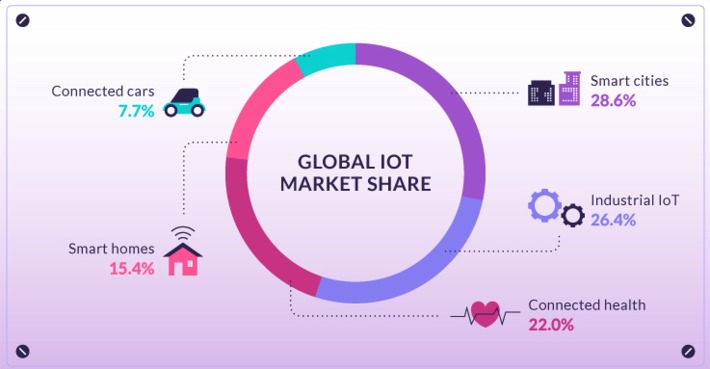
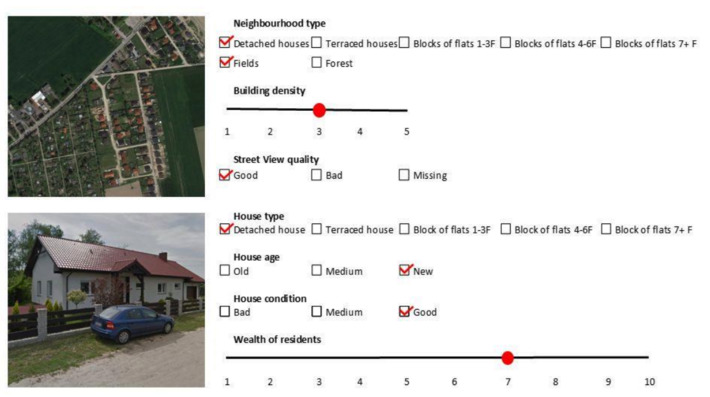

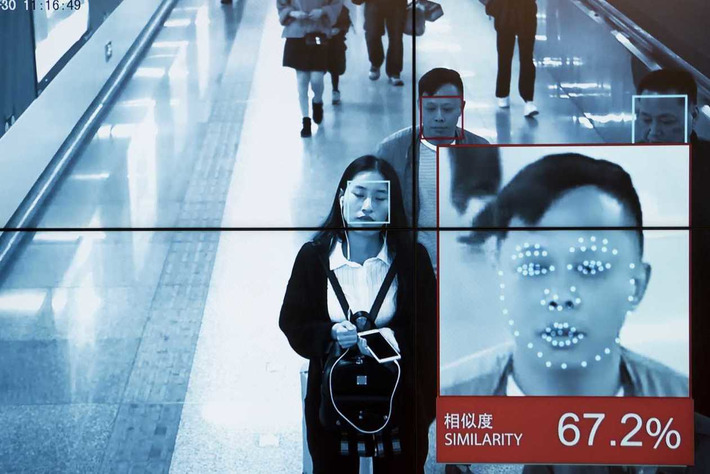

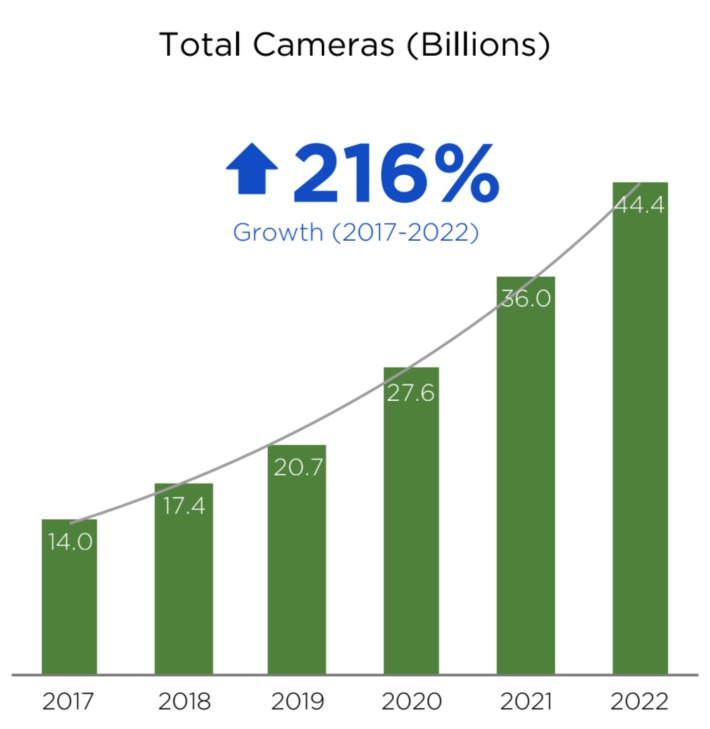
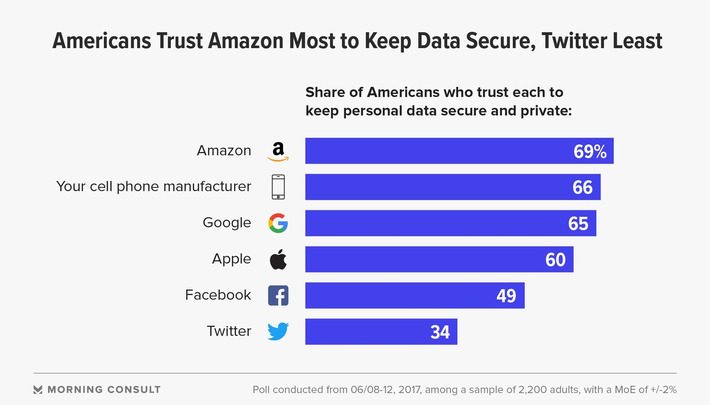


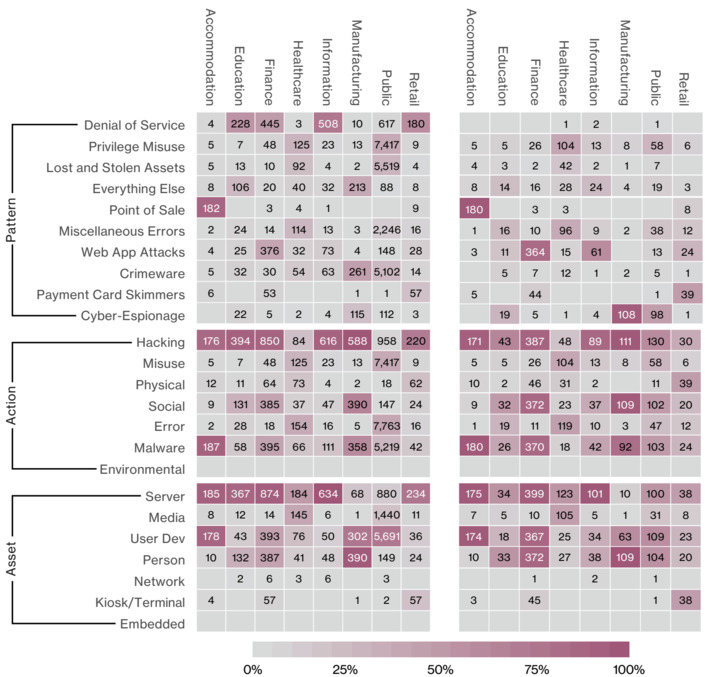
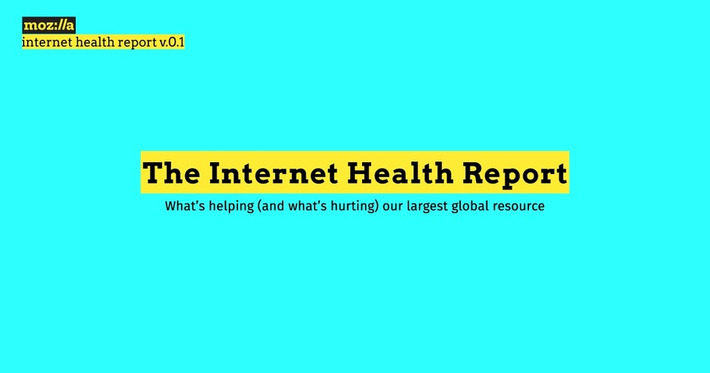









WHY IT MATTERS: been a while since I wrote about wearables, wellness and transhumanism. This article is a bit too futuristic but does provide some useful solutions.
With health concerns on the rise and social distancing a "thing" now, I keep thinking that wearables will find their killer app moment. If I am concerned about who I come in contact with - either because I am concerned for my personal health or I am concerned about insurance premiums as a company - then wearables become a great solution. As Bernard Marr highlights, the privacy concerns are never too far away in those use cases.